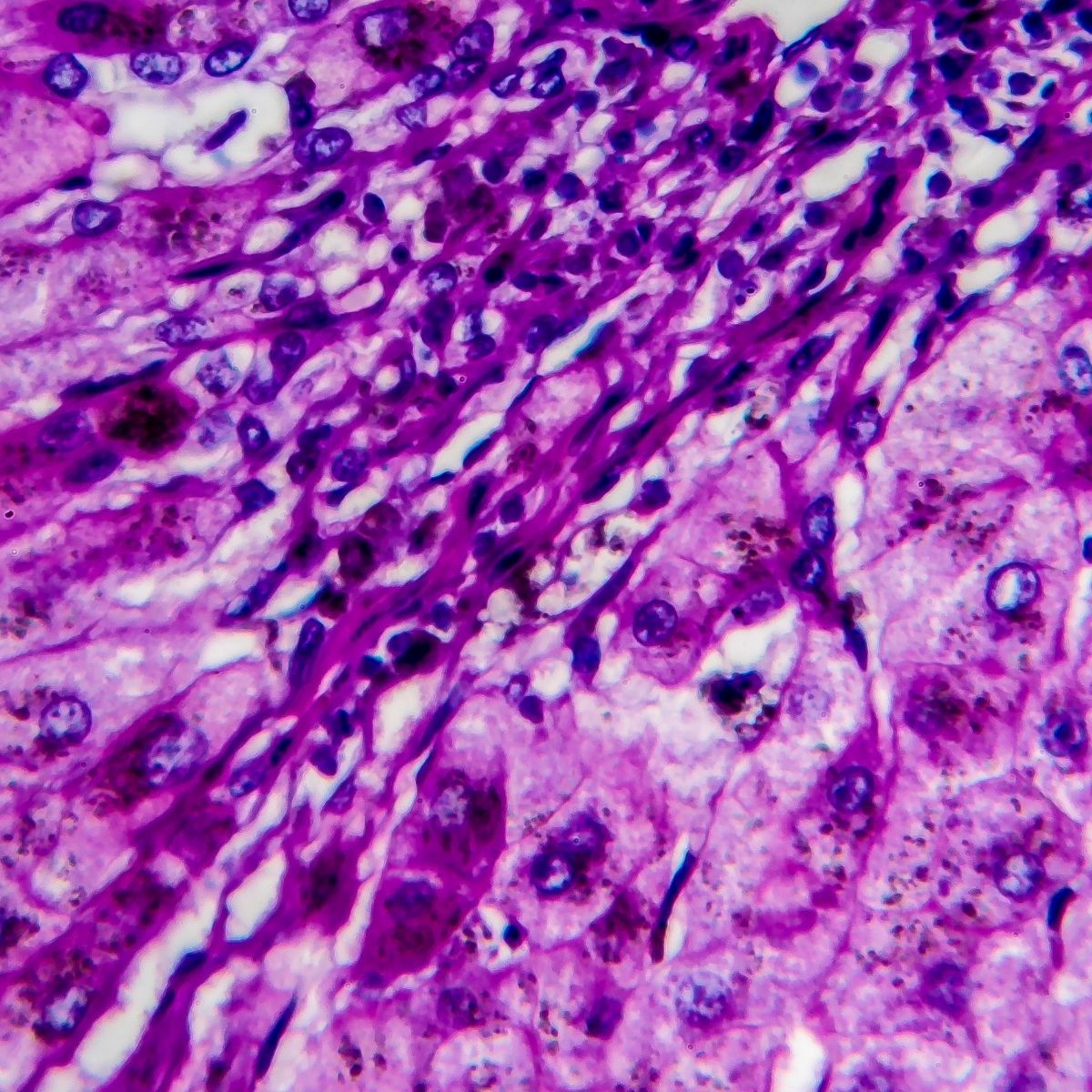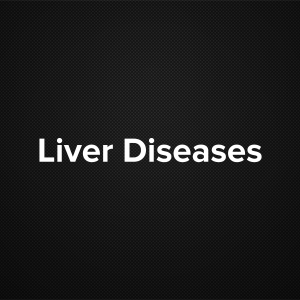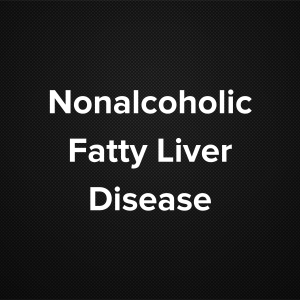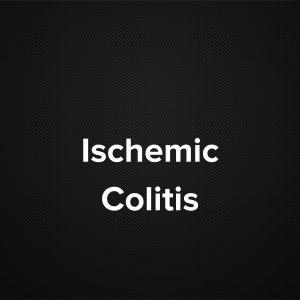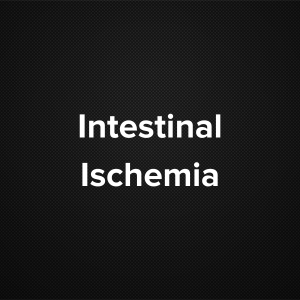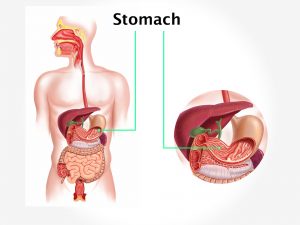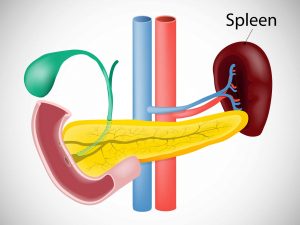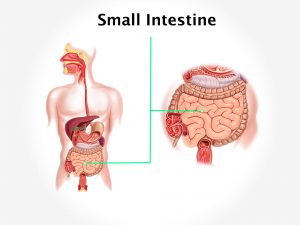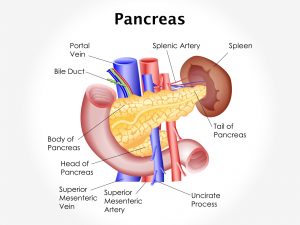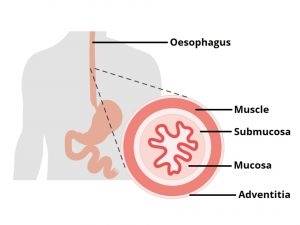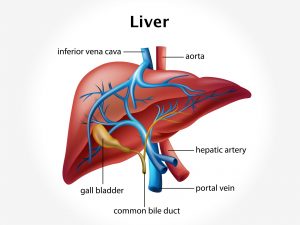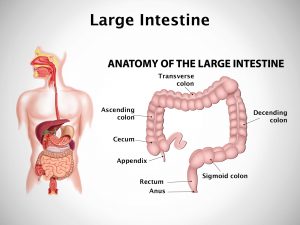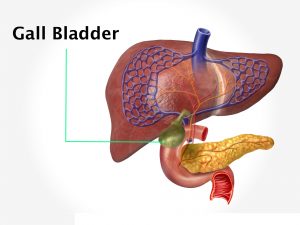Causes and risk factors
Alcoholic hepatitis develops when chemicals [acetaldehyde] released from breaking down of alcohol in liver damages the healthy liver cells. This causes injury to the liver and chronic inflammation i.e. hepatitis. Healing takes place by fibrosis and scarring. This leads to liver cirrhosis and ultimately liver failure. However why it affects only few heavy drinkers and even some moderate drinkers is not clear. Risk factors for alcoholic hepatitis include daily alcohol intake over a period of time, genetic factors. Other factors include type of beverage, binge drinking.
Clinical presentation
Jaundice and ascites are the main signs of alcoholic hepatitis. Jaundice is yellow discolouration of skin and sclera. Ascites is retention of fluid in the abdominal cavity. Associated symptoms are loss of appetite, dry mouth, weight loss, nausea, and vomiting, abdominal pain. Fever, fatigue, anorexia, myalgia, arthalgia, diarrhoea can also be observed. Dark coloured urine, pale stools may be present. Severe cases of alcoholic hepatitis can present with following symptoms – hepatomegaly and spleenomegaly, changes in mental state, including confusion, kidney failure. Untreated or delayed diagnosis of alcoholic hepatitis leads to liver cirrhosis and ultimately liver failure.
Investigation
Medical history by the patient of alcohol consumption and Clinical examination by the doctor helps in diagnosis. Investigations include blood tests such as Complete blood count, Liver function test. Imaging studies such as ultrasound abdomen and CT scan of the liver may be useful for further evaluation. Liver biopsy if other measures fail to arrive at the diagnosis.
Treatment
Treatment for alcoholic hepatitis consists of Cessation of the alcohol consumption. Medications like corticosteroids to reduce inflammation in liver may be required. Supportive care like nutritious diet and vitamin supplements to correct malnutrition is given to prevent further damage. Severe cases may require nasogastric tube feeding. Liver transplant as last resort where liver is severely damaged.
Other Modes of treatment
The other modes of treatment can also be effective in treating alcoholic hepatitis. Homoeopathy is a science which deals with individualization considers a person in a holistic way. This science can be helpful in combating the symptoms. Similarly the ayurvedic system of medicine which uses herbal medicines and synthetic derivates are also found to be effective in treating alcoholic hepatitis.
